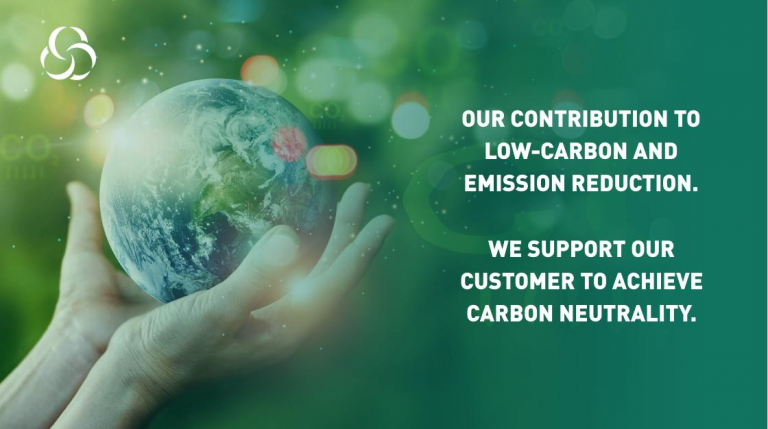In today’s society, the concept of “slow fashion” has gradually gained public attention, advocating for sustainable production and consumption of clothing, and becoming a key direction for the future development of the fashion industry.
Slow fashion is not simply a slowdown in the pace of fashion production, but rather a new consumer culture and production model. It emphasizes achieving fashion sustainability through reducing waste, respecting resources, and respecting workers’ rights.
In recent years, an increasing number of brands and consumers have begun to embrace the slow fashion concept, contributing to the sustainable development of the fashion industry. For example, some manufacturers and brands, including Sanyuan, have reduced the negative environmental impact of traditional textile production by adopting sustainable certified fibers (such as GOTS organic cotton or recycled fiber certification). Furthermore, the rise of secondhand clothing markets and clothing rental services has provided more options for slow fashion. This model extends the lifespan of clothing, reduces the demand for clothing production, and thus reduces the consumption of natural resources.
Consumers also play a key role in slow fashion. Many people are reducing their dependence on fast fashion by reducing impulse purchases, choosing local brands, and supporting handmade products. Some environmental advocates are also actively promoting the concept of “clothing recycling,” such as donating, exchanging, and repurposing old clothing to preserve the value of resources. As a responsible manufacturer, Sanyuan adheres to the “slow fashion” philosophy in the following areas:
1. Environmental Protection and Sustainability: In manufacturing, we focus on the entire lifecycle of clothing, from raw material selection to production, transportation, use, and disposal, minimizing environmental impact. For example, we prioritize sustainable materials such as organic cotton, natural linen, and recycled fibers, and avoid the use of non-degradable materials.
2. Quality and Durability: We prioritize the design and craftsmanship of clothing, pursuing high quality and long-lasting durability, encouraging consumers to purchase fewer, higher-quality garments, thereby reducing overconsumption and waste.
3. Fairness and Ethics: We care about the rights of workers in the supply chain, advocate fair trade and transparent production, ensure safe working environments and fair wages, and avoid pursuing low costs at the expense of labor exploitation.
Slow Fashion Promotes Sustainable Development
Slow fashion is not only a reflection on the drawbacks of fast fashion; it is also the necessary path for the fashion industry to move towards a sustainable future. It not only focuses on environmental protection, but also on social equality and economic sustainability. Driven by slow fashion, fashion is no longer simply about chasing trends; it has become a way to embody responsibility and values. In the future, as more and more manufacturers, brands and consumers join the ranks of slow fashion, the fashion industry is expected to move towards sustainable development in a more environmentally friendly and fairer manner.




